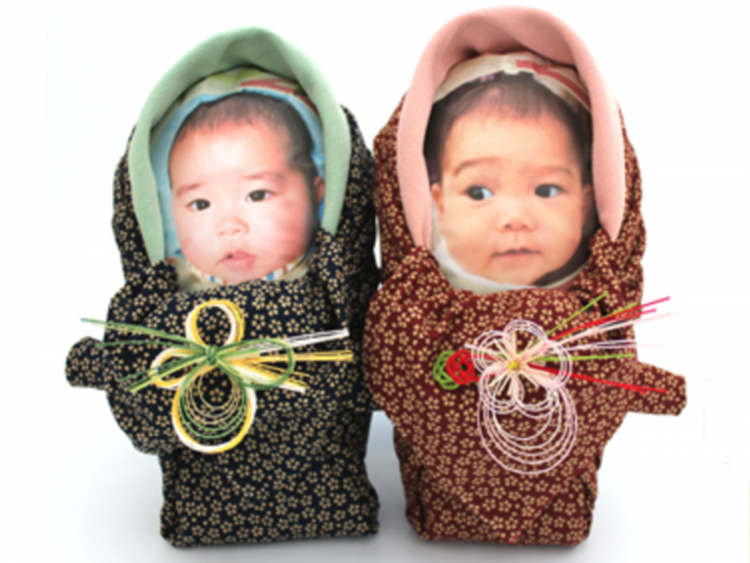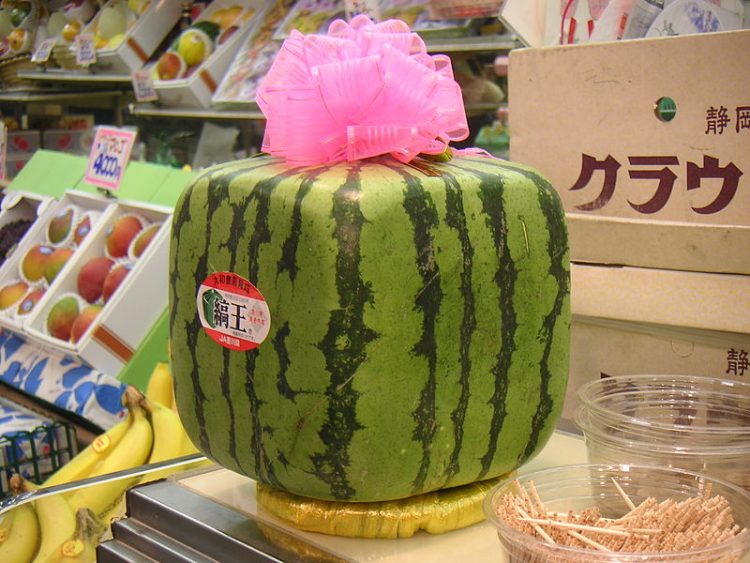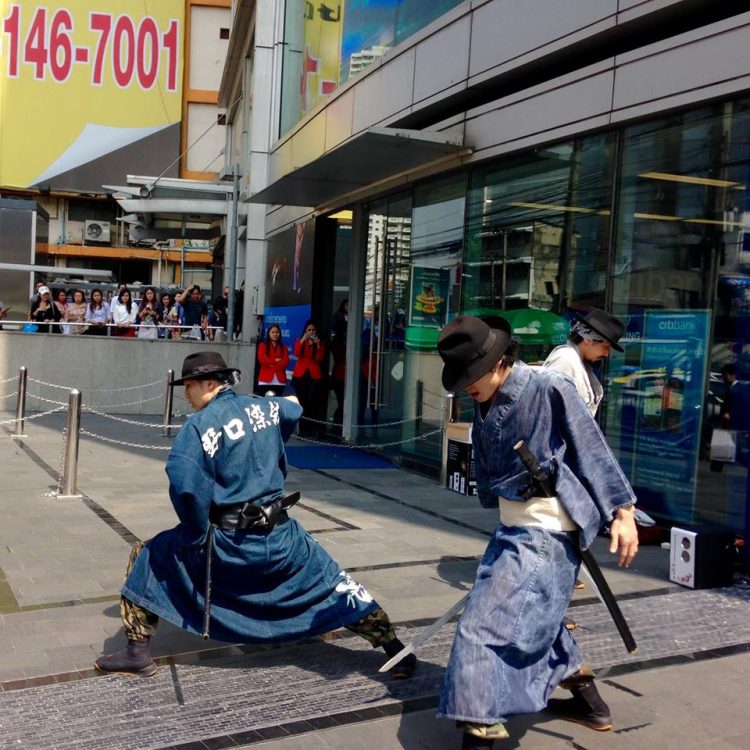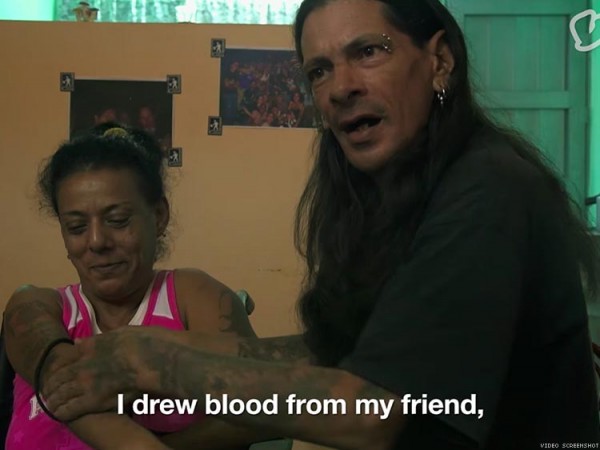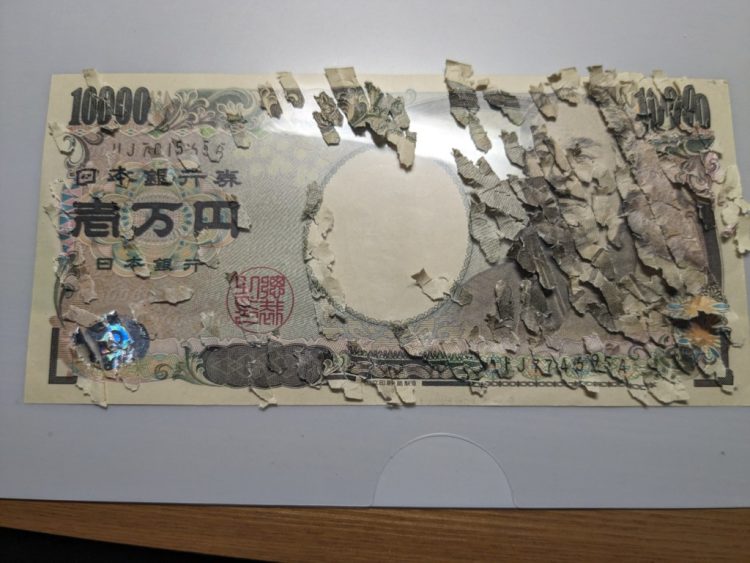Japanese parents are sending bags of rice that weigh as much as their babies to relatives who can’t visit them because of the Covid-19 pandemic.
As is customary in many cultures around the world, when a Japanese couple welcomes a baby into the world, relatives come to visit the family and celebrate, but because of the pandemic and social distancing rules, that hasn’t been possible of late. However, a resourceful rice shop owner in Kitakyushu city, near Fukuoka, found an ingenious way of making money from the humble grain by selling it as replicas of newborn babies. Rice babies, as the replicas are now known in Japan, are bags of rice that weigh exactly as much as the baby they are replacing, and that have photos of the baby printed on them. They are sent to relatives so they can hug the new human while looking at a picture of their face.

